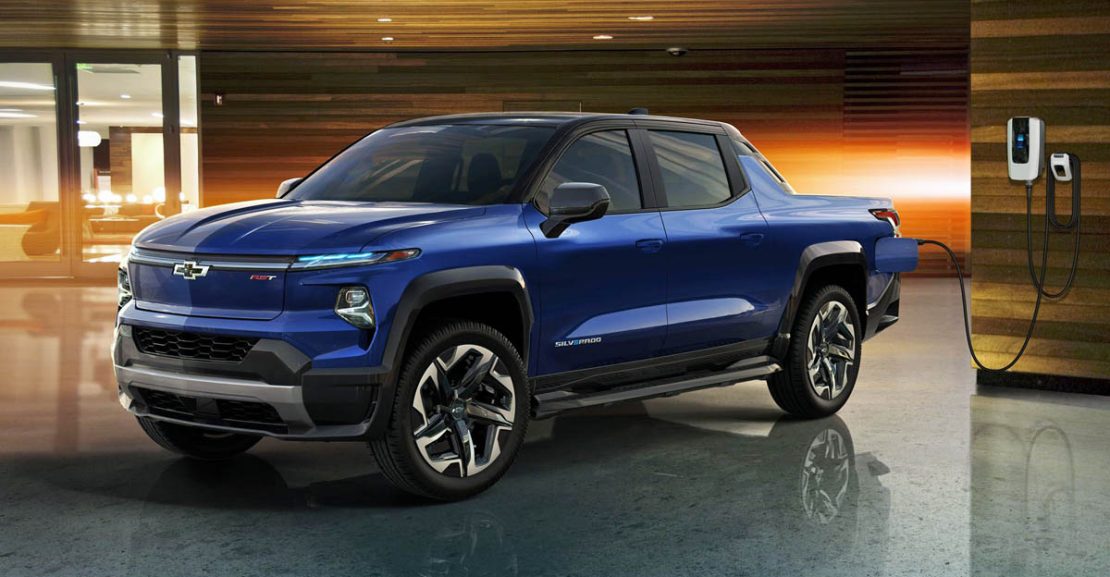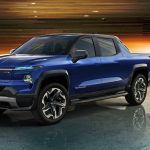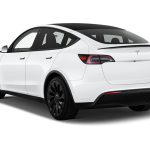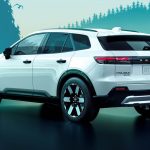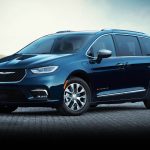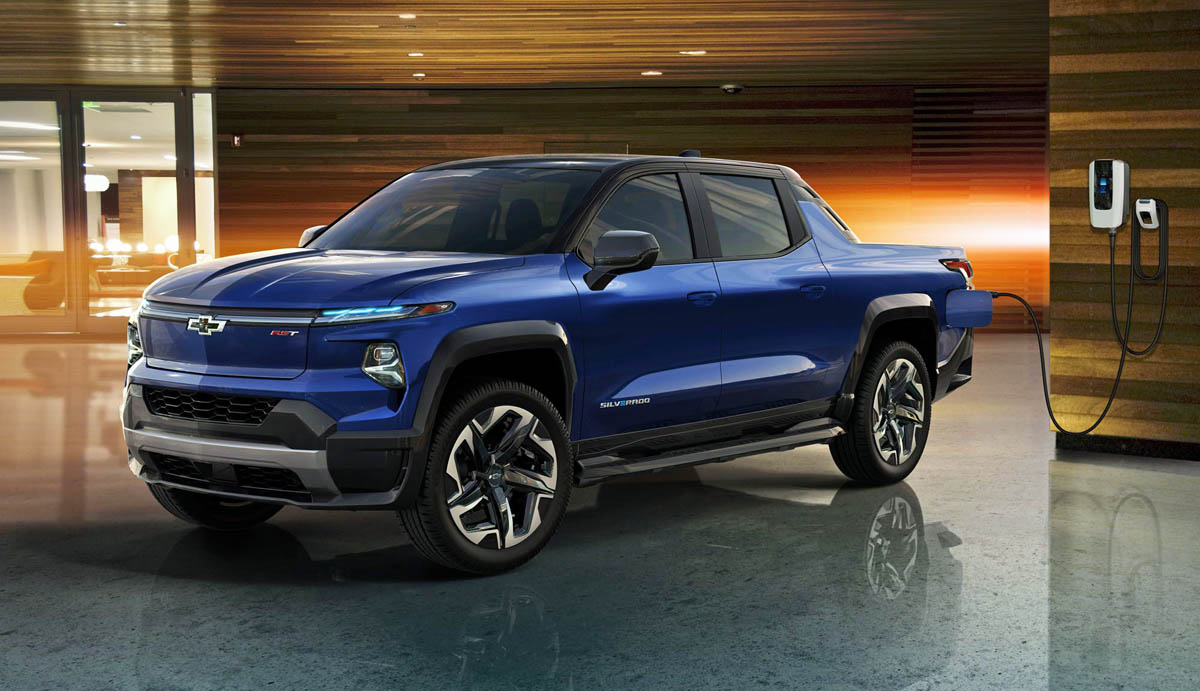
We finally know which electric vehicles qualify for up to $7500 in federal tax credits this year, and the list is surprisingly short. A function of the Inflation Reduction Act which was passed into law last August, the new tax credit policy proved to be good news for General Motors and Tesla, as both companies had sold more than the 200,000 vehicles allowed under the provisions of the previous EV-incentive program.
More electric car news and reviews
Electric Vehicles that Qualify for the Federal Tax Credit
The nature of the incentive has changed since originally conceived however, and is now more an inducement for carmakers to produce electric vehicles and electric-vehicle batteries in North America than it is a consumer perk. That said, consumers still get the money–if a vehicle qualifies.
Under the provisions of the new law, electric vehicles must be built in North America to qualify for the tax credit, but it’s much more complicated that that.
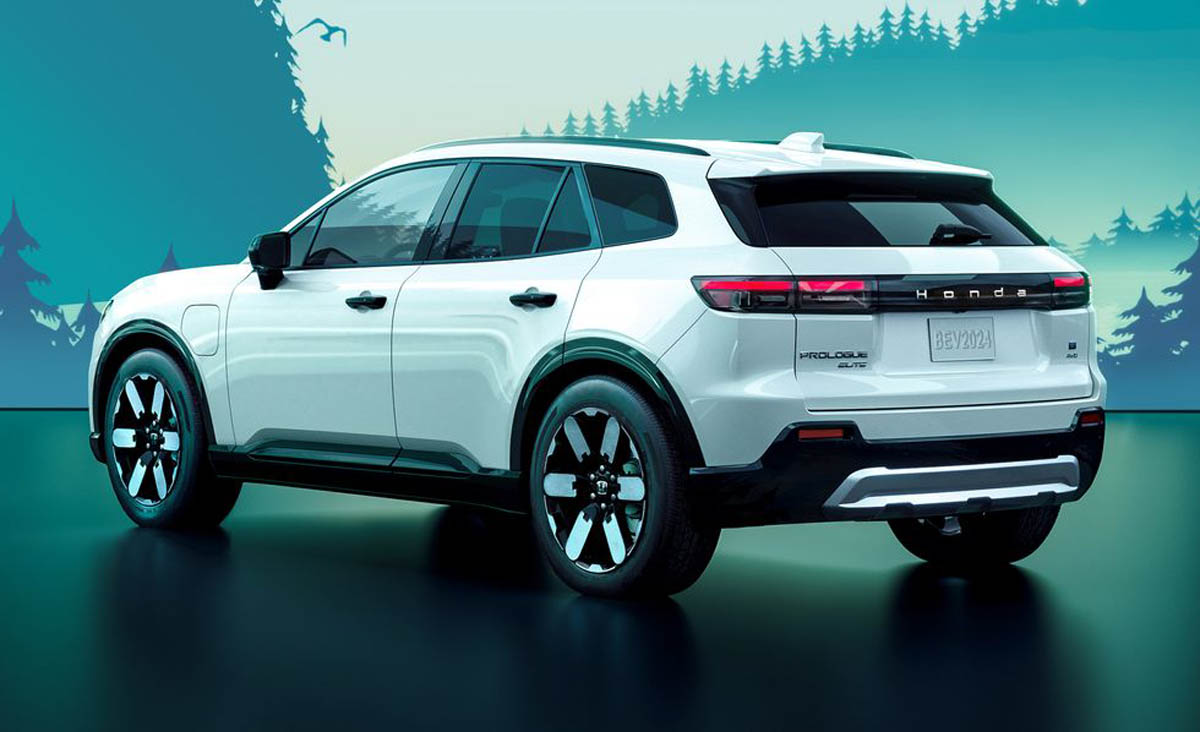
In addition to final assembly of the vehicle in question, the battery must also be largely of North American origin. To qualify for half of the tax credit ($3750), the battery must be assembled in the region and consist of at least 50 percent North American content. Additionally, for the remaining half of the incentive, at least 40 percent of the critical materials used in the battery (cobalt, lithium, manganese, nickel, and the like) must be sourced in North America–or a friendly, free-trade partner nation.
Complicating the process further, the percent of battery domestic content required for incentive qualification will increase annually, reaching 100 percent in 2029. The program is set to expire in 2032.
We have here the official list of vehicles which currently qualify for either the full $7500 federal incentive, or half of the incentive. Note, too, that a number of plug-in hybrid vehicles also qualify for the incentive.
Also, not yet on the list, but likely to qualify for the full $7500 credit are the 2024 Honda Prologue and Acura ZDX. Both vehicles were designed in cooperation with General Motors and will be built in that maker’s Spring Hill, Tennessee assembly facility and equipped with GM’s U.S.-built Ultium batteries.
Note too that several of the vehicles listed below just barely qualify for the incentives due to restrictions related to price. Electric trucks and crossovers must be priced—including options and delivery fee—under $80,000. Electric cars must come in under $55,000. We doubt that many Rivian vehicles, which currently start at $74,800, will be delivered under the qualifying price cap.
The End of Terrestrial Radio? Electric Cars and AM Radio
Electric Vehicles that Qualify for the Federal Tax Credit
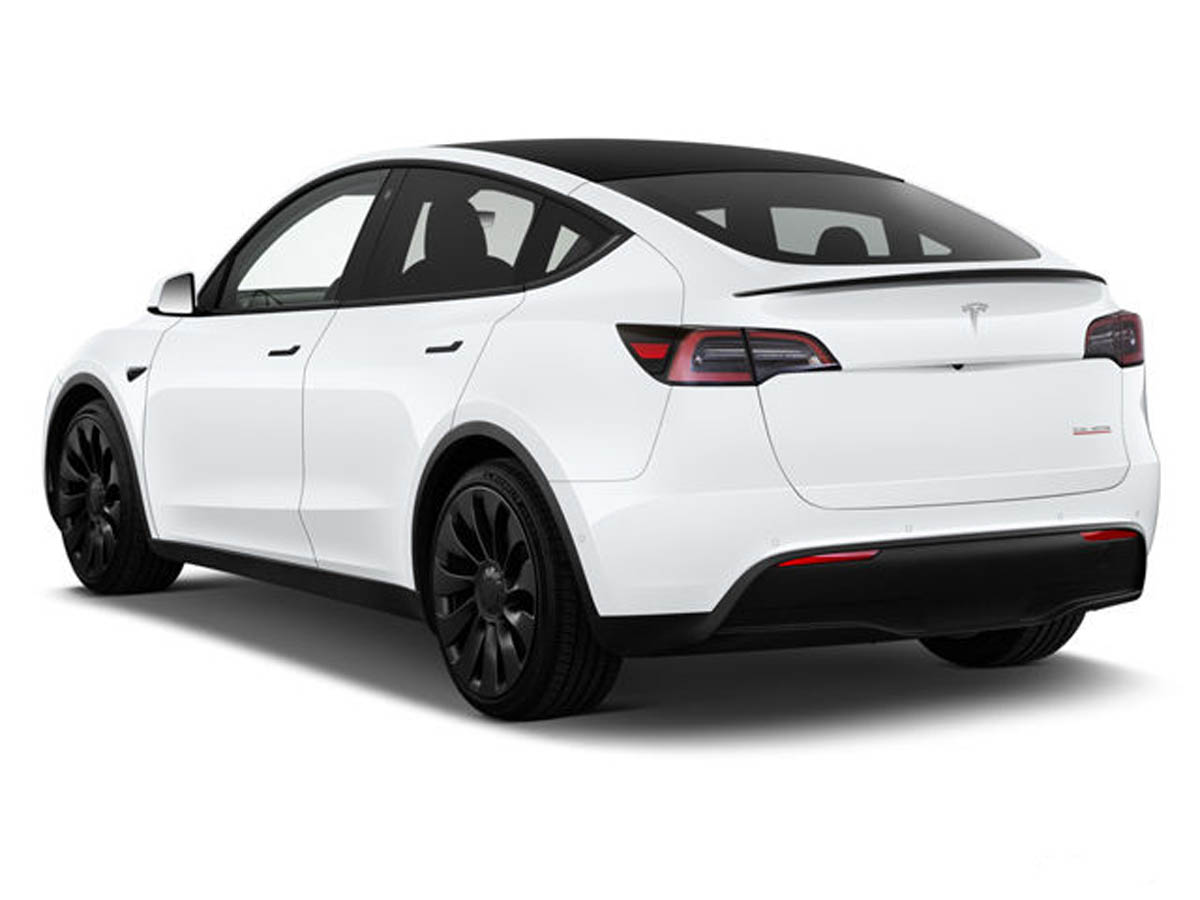
$7,500
2022-2023 Chrysler Pacifica Hybrid*
2022-2023 Ford F-150 Lightning
2022-2023 Lincoln Aviator Grand Touring*
2022-2023 Chevrolet Bolt EV and Bolt EUV
2023-2024 Cadillac Lyriq
2024 Chevrolet Blazer EV
2024 Chevrolet Equinox EV
2022-2023 Tesla Model 3 (certain models only)
2022-2023 Tesla Model Y (certain models only)
2023 Volkswagen ID.4
2024 Acura ZDX?
2024 Honda Prolgue?
How Much Does it Cost to Charge an EV?
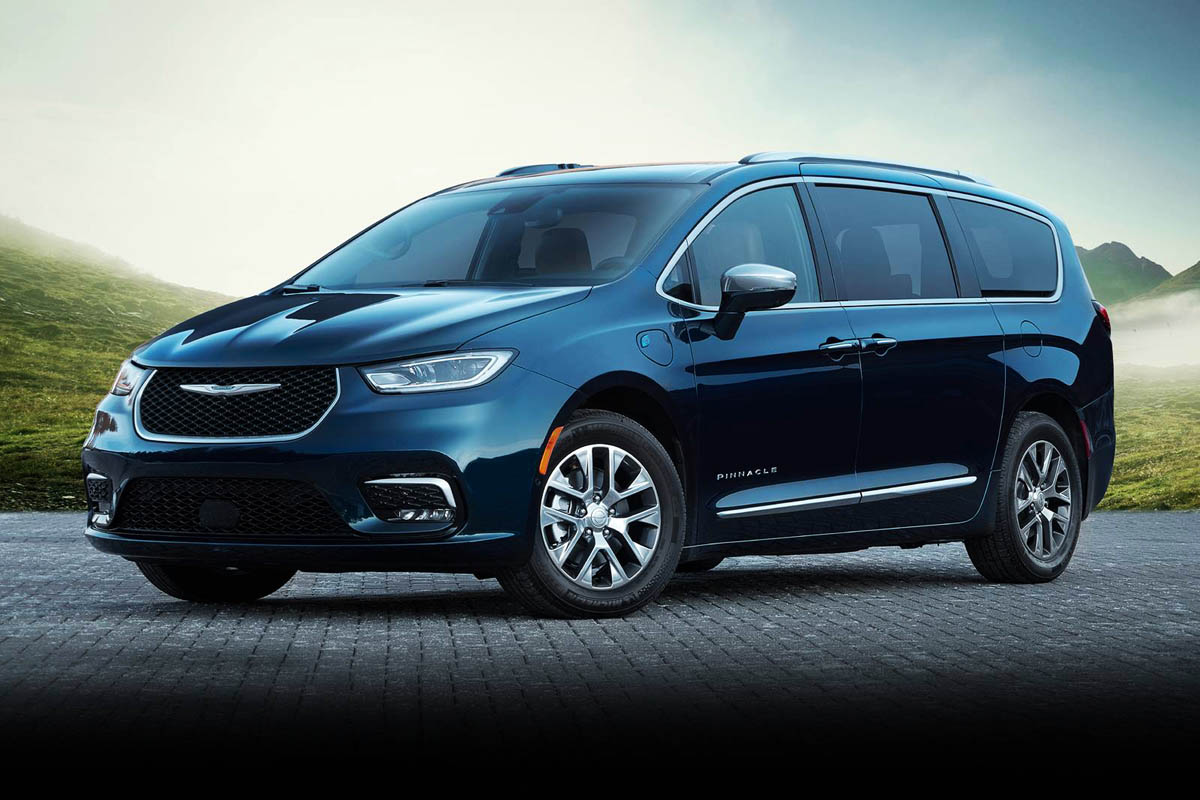
$3,750
2022-2023 Jeep Wrangler 4xe*
2022-2023 Grand Cherokee 4xe*
2022-2023 Ford E-Transit
2022-2023 Ford Mustang Mach-E (certain models only)
2022-2023 Ford Escape Plug-In Hybrid*
2022-2023 Lincoln Corsair Grand Touring*
2022-2023 Tesla Model 3 (certain models only)
2022-2023 Rivian R1S
2022-2023 Rivian R1T
*Plug-in hybrid
Listen to the Car Stuff Podcast
Electric-Vehicle Gallery
Click below for enlarged images
Electric Vehicles that Qualify for the Federal Tax Credit
Electric Vehicles that Qualify for the Federal Tax Credit

